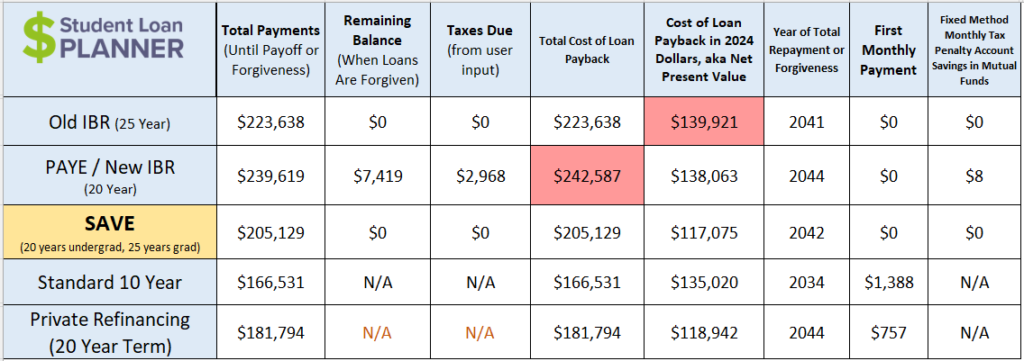Income-Based Repayment Plans for Student Loans: The Marriage Factor
If you’re one of the millions of Americans struggling to make ends meet while paying off student loans, you’re not alone. With the rising costs of education and stagnant salaries, it’s no wonder that many are seeking relief from their debt burdens. But what if we told you there was a way to make your payments more manageable – without sacrificing your financial stability? Enter income-based repayment plans, a game-changer for those navigating the complex world of student loan forgiveness.
As you navigate the often-complex landscape of student loans, one crucial consideration is frequently overlooked: marriage. That’s right – when you tie the knot, your financial situation changes dramatically. Suddenly, you’re facing new expenses, from combining households to merging bank accounts. So, how do income-based repayment plans factor into this equation? In our upcoming discussion, we’ll explore the ways in which marriage can impact your student loan payments and what strategies you can employ to stay on track.

Income-Based Repayment Plans for Student Loans: The Marriage Factor
When it comes to managing student loan debt, many borrowers are unaware of the significant impact that marriage can have on their repayment plans. As a couple navigates the complexities of combining finances and building a life together, it’s essential to consider how income-based repayment plans will factor into their financial picture.
The first consideration is the way in which income-based repayment plans calculate your monthly payments based on your income. Under these plans, your payment amount is typically capped at 10% to 15% of your discretionary income [1]. This means that if you’re married and filing jointly, your combined income will be used to determine your monthly payments.
For many couples, this can be a blessing in disguise. When both partners have student loan debt, combining their incomes can make it easier to manage their payments. For example, if one partner has higher debt but lower income, their spouse’s income can help bring down their payment amount [2].
However, marriage also brings new expenses that can impact your ability to make payments. From combining households to merging bank accounts, there are many financial implications to consider. One of the most significant is the potential for decreased income, particularly if one partner takes time off work or reduces their hours to care for children [3].
To ensure that your marriage doesn’t hinder your ability to make progress on your student loans, it’s essential to develop a comprehensive financial plan. This should include tracking your combined income and expenses, prioritizing debt repayment, and exploring strategies for increasing your income [4].
Struggling with Student Loan Payments?
See if You Qualify for Lower Payments & Better Rates – Speak with an Expert Now!
💬 Start Free ChatFrequently Asked Questions
-
Q: What is an income-based repayment plan?
A: An income-based repayment plan is a type of student loan repayment plan that adjusts the monthly payment amount based on your income and family size. This can make it more manageable to pay off your loans.
-
Q: Does my marital status affect my income-based repayment plan?
A: Yes, your marital status can impact your income-based repayment plan. When calculating your discretionary income, lenders take into account the income and family size of both you and your spouse. This means that if you’re married, your combined income will be used to determine your monthly payment.
-
Q: How do I file for an income-based repayment plan if I’m married?
A: When filing for an income-based repayment plan, you’ll need to provide tax returns and other financial documentation for both yourself and your spouse. You may also need to submit a joint statement of financial assistance that includes your combined income and expenses.
-
Q: Will my income-based repayment plan be affected if I’m separated or divorced?
A: If you’re separated or divorced, you may need to refile for an income-based repayment plan with your updated financial information. This could result in a change to your monthly payment amount. It’s essential to keep your lender informed of any changes to your marital status and finances.
-
Q: Can I still qualify for an income-based repayment plan if my spouse doesn’t contribute financially?
A: Yes, you can still qualify for an income-based repayment plan even if your spouse doesn’t contribute financially. Your lender will consider your individual income and expenses when determining your discretionary income and monthly payment.
Conclusion
In conclusion, income-based repayment plans for student loans can be a valuable tool for married couples navigating debt. By combining their incomes, couples can make progress on their loans while also prioritizing other financial goals, such as building savings or investing in retirement. However, it’s essential to develop a comprehensive financial plan that takes into account the new expenses and changes to income that come with marriage.
By tracking combined income and expenses, prioritizing debt repayment, and exploring strategies for increasing income, couples can ensure that their marriage doesn’t hinder their ability to make progress on their student loans. Whether you’re just starting out or already well-established in your careers, understanding how income-based repayment plans factor into your financial picture is crucial to achieving long-term financial stability.
Get instant approval for direct lender payday loans online: Need cash quickly? Get instant approval for a payday loan from a direct lender online. Learn how to get the funds you need fast!

